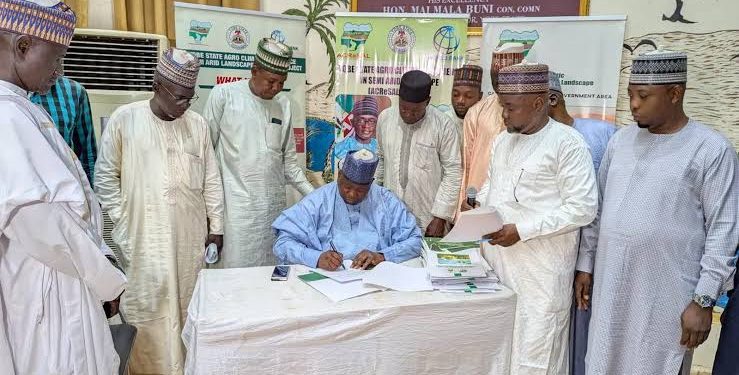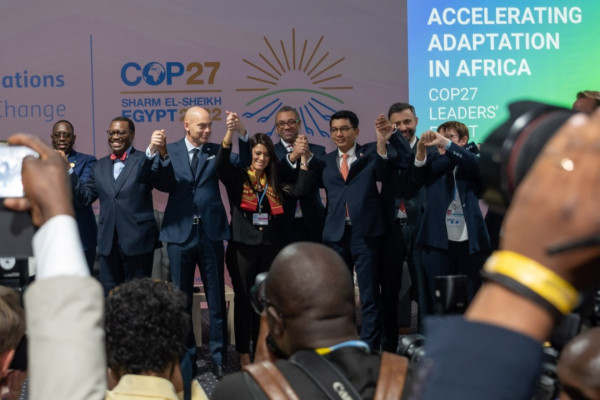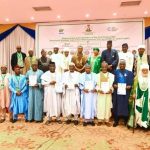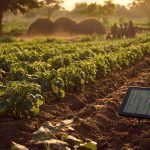In a major push to strengthen climate adaptation and support rural livelihoods, the World Bank has disbursed N3.8 billion as non-interest loans to 101 farming communities in Yobe State under the Agro-Climatic Resilience in Semi-Arid Landscapes (ACRESAL) project. The initiative aims to enhance agricultural resilience in the face of environmental degradation and climate shocks across Nigeria’s semi-arid regions.
The disbursement was announced on Wednesday during a Memorandum of Acceptance signing event in Damaturu, where representatives of the 101 beneficiary communities formalized their participation in the Community Revolving Fund (CRF) scheme.
Each community will receive $25,000 (about N38.3 million), totalling $2.5 million or N3.8 billion. The intervention will benefit 482 farmers’ and community groups across Yobe’s 17 local government areas, reaching 7,340 individuals, including 4,857 men and 2,483 women.
State Coordinator of ACRESAL, Alhaji Shehu Mohammed, described the loan as a game-changing effort to revitalize agriculture through climate-smart practices and sustainable resource use. He noted that the disbursement follows a successful pilot phase involving 10 communities, where a 65% repayment rate was recorded — prompting the World Bank to give a “no objection” to scaling up the initiative.
“This is more than a funding exercise. It marks a shift toward long-term sustainability and resilience for our farmers,” Mohammed stated. He emphasized that the intervention will boost economic activities, enhance farmer incomes, and promote responsible financial management.
He praised the commitment of Governor Mai Mala Buni, whose leadership has ensured Yobe remains one of the top-performing states in the ACRESAL programme. Mohammed also acknowledged the support of the World Bank, Federal Project Management Unit, Ministry of Environment, Yobe House of Assembly, and traditional leaders for their roles in guiding the project’s implementation.
Also speaking at the event, Yobe State Commissioner for Environment, Alhaji Sidi Karasuwa, described the CRF as a transformative initiative that will change the landscape of rural farming. As Chair of the State Steering Committee, Karasuwa said the funds would help farmers expand their operations, adopt improved technologies, and increase productivity in the face of climate challenges.
“This fund is more than financial support. It is a tool for transformation,” Karasuwa said. He urged beneficiaries to use the loans according to approved business plans and stressed the importance of timely repayment to keep the revolving fund active for future community use.
“To our farmers, let this loan be the seed that grows into a flourishing harvest of success,” he said.
The CRF is part of the broader World Bank-supported ACRESAL agenda, which seeks to reverse land degradation, combat desertification, and promote climate-resilient agriculture in Nigeria’s dryland regions. The Yobe intervention highlights how international partnerships can deliver tangible benefits to grassroots communities when aligned with state-led development priorities.
As the project scales up, it is expected to not only boost food security and rural incomes but also set a model for sustainable agricultural financing across Northern Nigeria.










